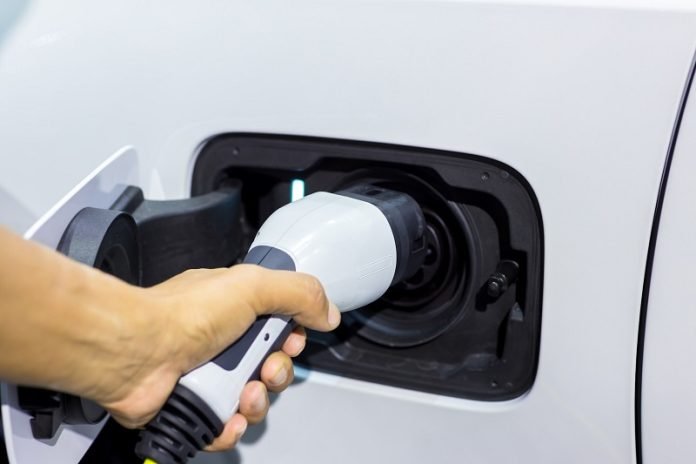
When it comes to helping the planet, electric vehicles (EVs) are often thought of as a big part of the solution.
But a new study shows that these cars may not be hitting the streets as much as their gasoline-powered buddies.
Researchers from George Washington University and the National Renewable Energy Laboratory decided to look into how much electric cars are actually being driven.
They checked the mileage on lots of used cars and SUVs, counting up the numbers on over 12 million gas vehicles and comparing them to electric ones.
What they found was pretty surprising: electric cars and SUVs were being driven thousands of miles less per year than gasoline cars.
Specifically, electric cars racked up about 7,165 miles each year, while gasoline cars went for about 11,642 miles. For electric SUVs, the annual mileage was around 10,587, less than the 12,945 miles for gasoline SUVs.
Why Mileage Matters
John Helveston, one of the study’s authors, says that if we want electric vehicles to make a big difference for the environment, we need people who drive a lot to switch to EVs.
Since electric cars are generally cleaner over their whole life, the more miles they replace from a gas car, the better it is for the environment.
Even when they looked at Teslas, which are a popular kind of electric car and have more places to charge up, they still found that they were driven less than gas cars.
On the other hand, cars that can use both gas and electricity, like hybrids, were driven about the same amount as regular gas cars.
What This Means for Green Policies
This finding is important for the people making rules about car emissions because it challenges what they’ve been thinking—that electric and gas cars are driven the same amount.
If the folks in charge think electric cars are on the road just as much as gas ones, they might be too optimistic about how much they’re helping to reduce pollution.
Helveston points out that we need to understand not only who is buying electric cars but also how they are using them. Are electric car owners taking trips they would have taken in a gas car, or are they driving less overall?
Some reasons why electric vehicle owners might not drive as far include not enough places to charge the car, especially for longer trips. Plus, many people with an electric car have more than one vehicle, so they spread their driving across different cars, which can mean fewer miles on the electric one.
Lujin Zhao, a student who worked on the study, hopes that this research can help make better policies about electric cars and their impact.
What It Means for the Power Grid and Car Making
If electric cars are on the road less, it could also mean that the power grid won’t be as busy as utility companies might expect. There’s also a twist: making an electric car can create more pollution upfront compared to making a gasoline car. So, if these electric cars aren’t driven enough, it’ll take longer to make up for that initial environmental cost.
In summary, while electric vehicles are a great step towards cleaner air and less pollution, this study reminds us that there’s more to consider to make the most of their benefits.
Follow us on Twitter for more articles about this topic.
Source: George Washington University.



